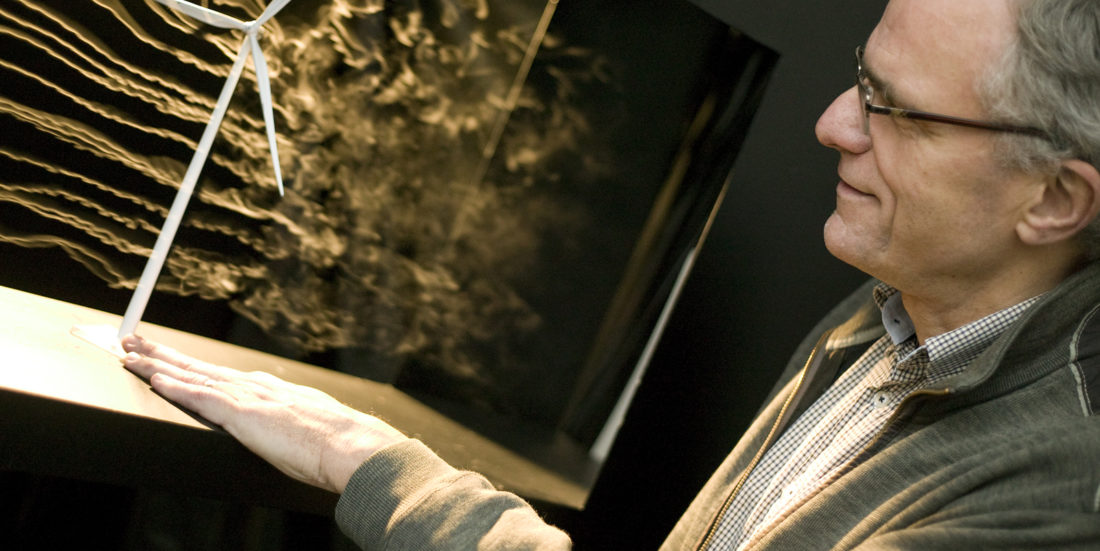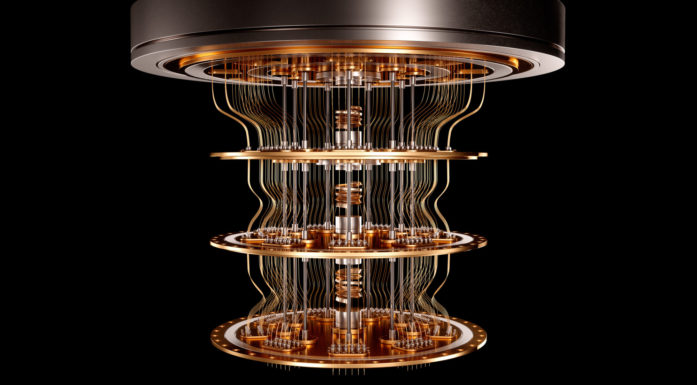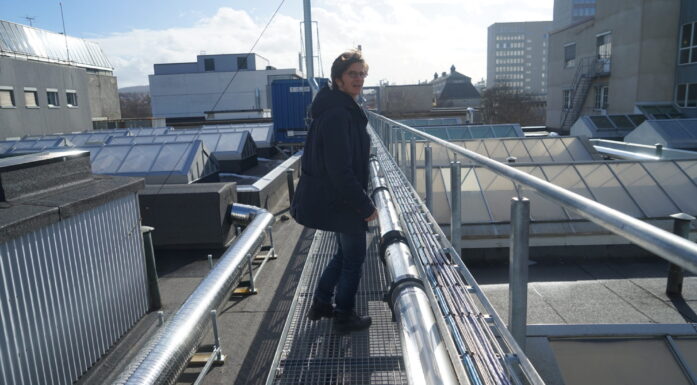Scandinavian experiment receives prestigious sustainable energy award
The EcoGrid EU project, an energy-market concept empowering households to manage renewables, wins one of the EU Sustainable Energy Awards 2016.
EcoGrid wins the Consumers prize, one of three prizes awarded in Brussels on June 15 to innovative energy projects.
The EcoGrid EU project has been coordinated by SINTEF and was carried out on Bornholm – a Danish island connected to the Nordic electricity market.
This is what an EU press release following the awarding says about EcoGrid EU:
“This project gives a large-scale demonstration of a market concept that supports active user participation to manage smart electricity distribution networks that rely on renewable energy. The project aims to remove the barriers that currently prevent small-scale consumers from participating in the power-balancing market.
Worldwide, the share of wind and solar in the energy mix is growing, and is expected to continue to grow. However, these energy resources are highly variable and difficult to forecast. That creates a challenge in making sure there is enough power to meet demand or that all the energy from renewables is used.
Bringing consumers into the market and activating their electricity demand create additional capacity to keep the power system in balance and operate it more securely and economically.
In the EcoGrid model, consumers use automated power-management systems that respond to real-time power price signals. These signals are based on current prices in the conventional power-balancing market. Signals are created every five minutes, with prices increasing when there is a power deficit in the system and going down when there is a power surplus.
The project’s concept can be applied generally. It reduces the need for production side flexibility, which is more expensive, and can compensate for traditional balancing power and services from replaced conventional generation. And for customers, it makes renewable energy more reliable, while helping them keep control of their bills.”
One of several options
In a statement SINTEF research scientist Ove Grande, who has been coordinating the project, says:
” The demonstration has proved the feasibility of using a 5 minutes price signal automatically controlling flexible load up or down dependent of the imbalance situation in the system. The EcoGrid EU concept should be considered as one of several options in the on-going harmonisation of the European power markets.”




